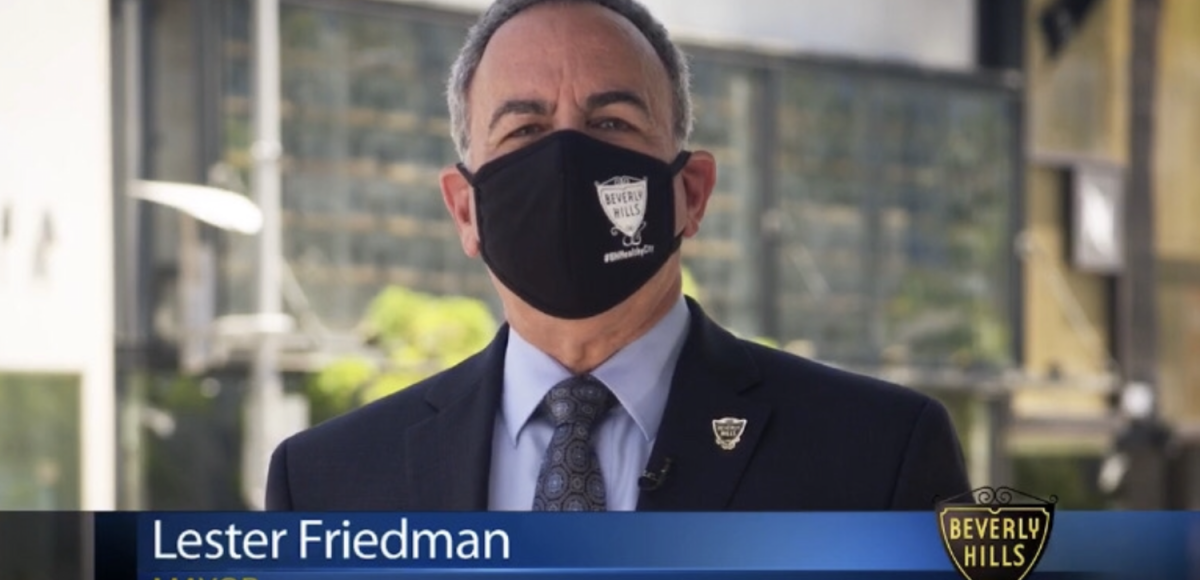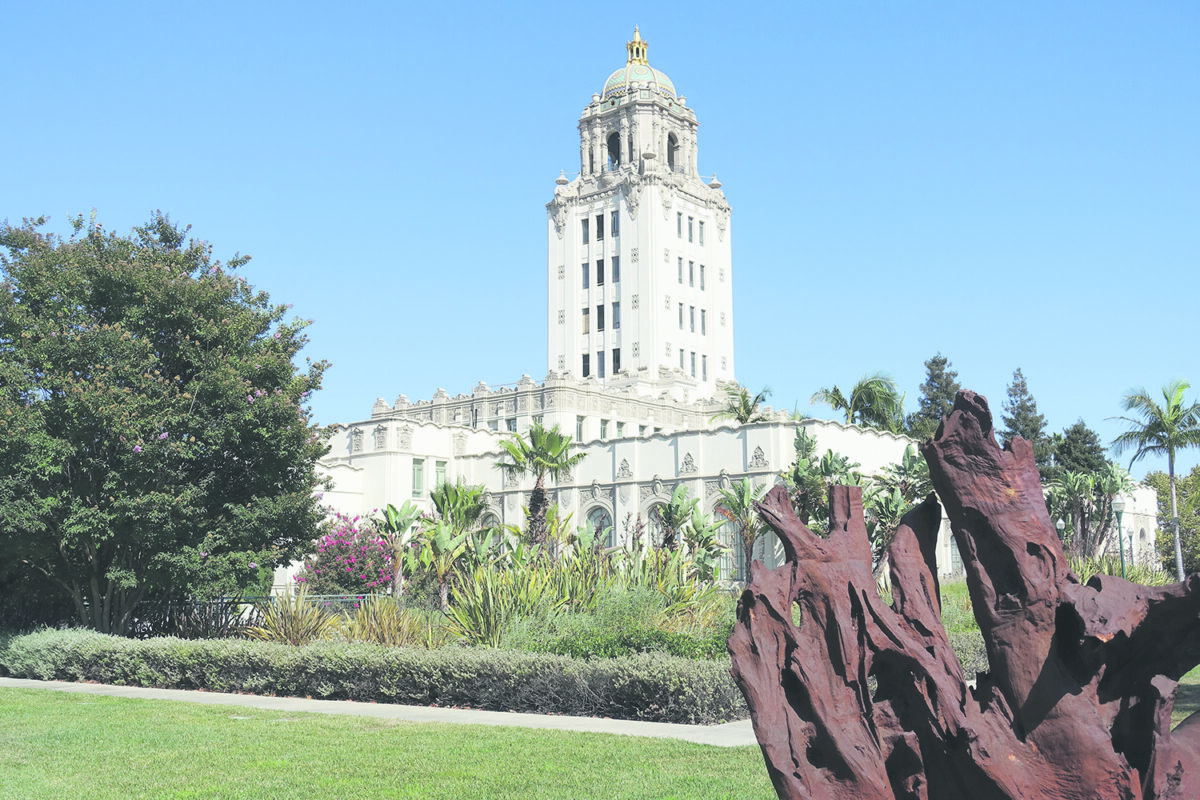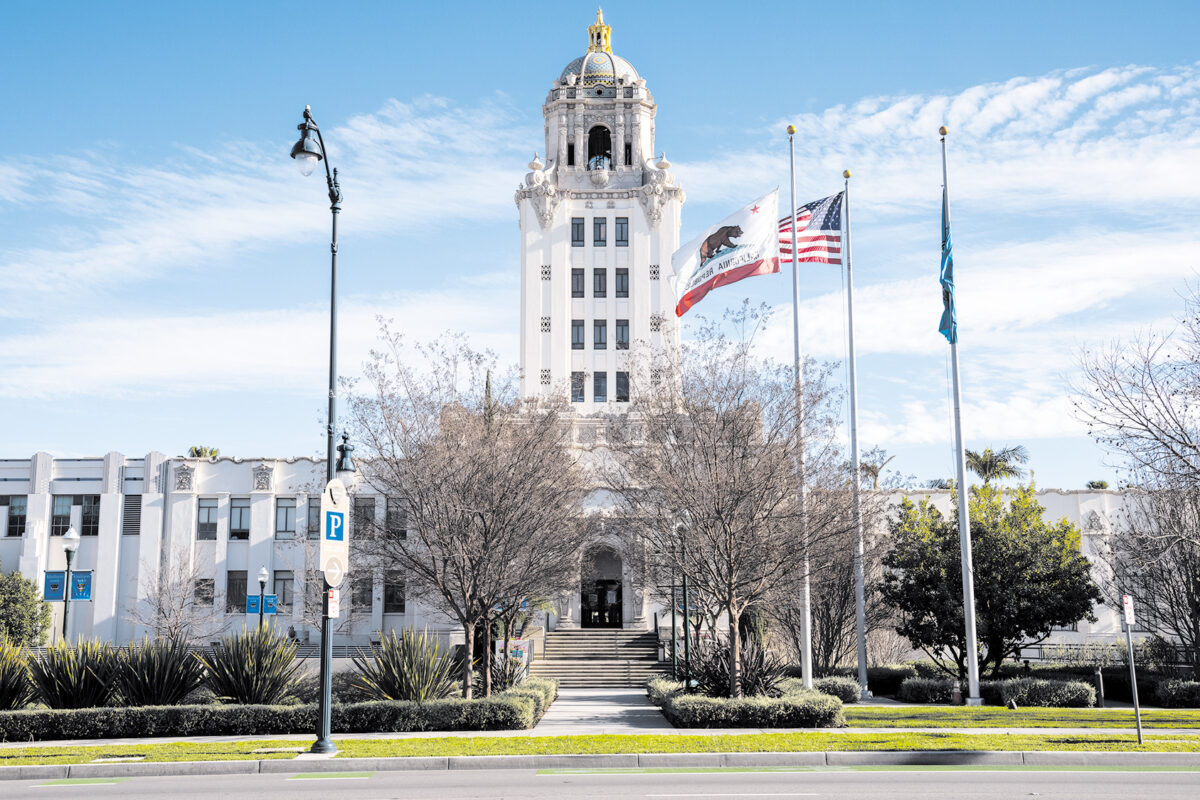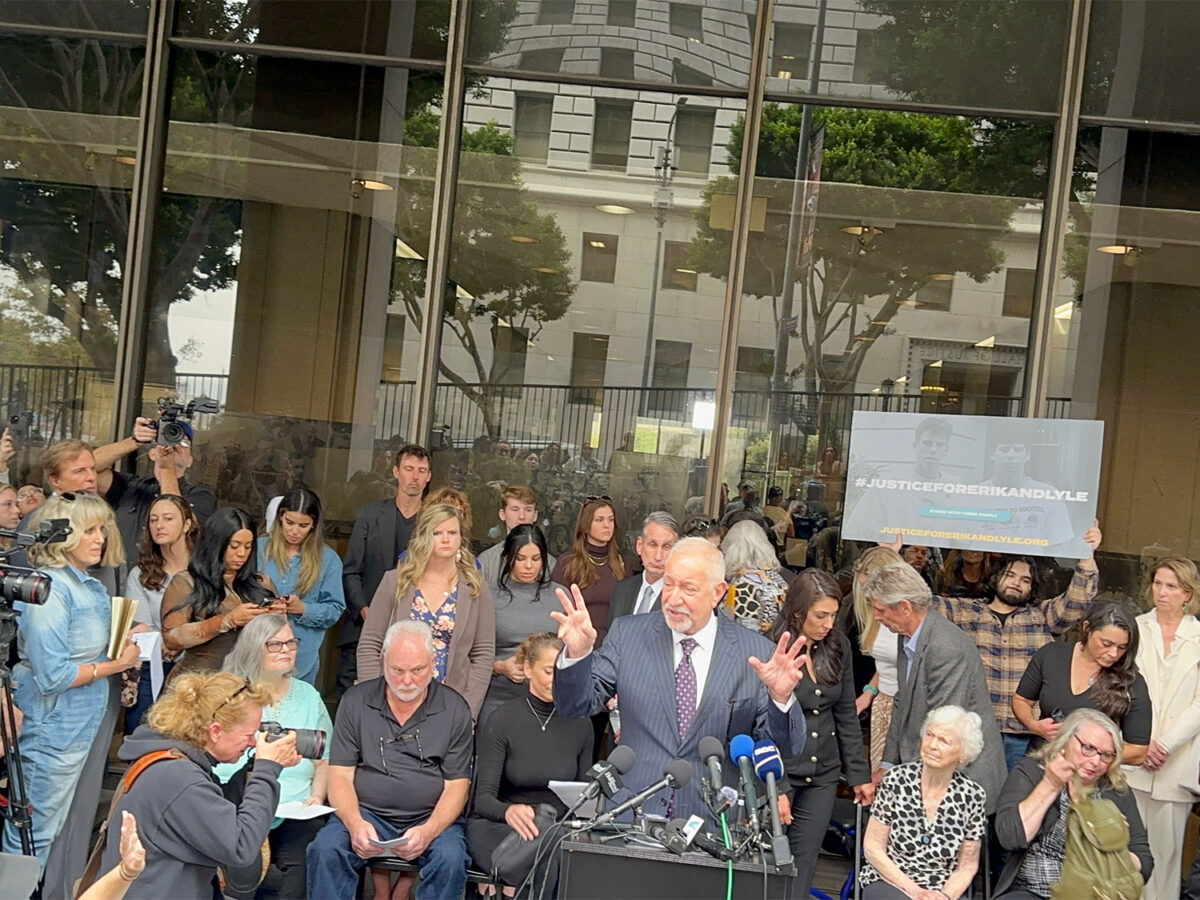Wearing a face covering is known to save lives by curbing the spread of COVID-19 and yet, municipalities are challenged when it comes to getting people to cover their nose and mouth.
In the wake of the rising numbers of those infected with COVID-19, over 105,000 in Los Angeles County, including 247 locally, the City of Beverly Hills is poised to begin issuing monetary citations for those who flout the law.
“We are in an unprecedented time now as the numbers continue to climb. The City is ready to issue citations if there isn’t compliance,” City spokesperson Keith Sterling told the Courier. “While we are always willing to educate the community first, what we want to get across is the numbers are rising and our primary focus continues to be the health of our community. We do have the option of citation and we will use that option.”
The penalty for not wearing a face covering when within six feet of others not in the same household is an administrative citation which carries a fine of $100 for the first offense, $200 for the second offense, and $500 for the third and subsequent offenses. Beverly Hills Code Enforcement Officers, Rangers and Police are all authorized to issue the citations.
“As we continue to see the number of cases rise, it’s critically important that we all work together to promote public health,” Mayor Lester Friedman told the Courier.
While education continues to be the priority, Sterling said that the City is preparing to move forward with beginning to issue citations to those who fail to comply with the new City law, which went into effect on April 21. The City originally issued an order requiring people to wear some type of face covering in an effort to promote public health and reduce the spread of COVID-19 on April 10, but subsequently amended it to include a potential monetary fine.
According to Human Services Administrator Jim Latta, Rangers average 1,140 face coverings enforcements per week in Beverly Hills parks.
“Enforcement includes education about the face covering requirement, an offer of a mask, and then (if still failing to comply) individuals are given the option of leaving the park or receiving a citation,” Latta told the Courier. “For the most part they disperse and if someone doesn’t have a mask, we provide them a mask.”
“Providing masks have proven to be an effective tool to encourage compliance,” he added, noting that compliance in City parks has jumped from 70 percent to 98 percent in the past two-and-a-half months. “Initially, in April there was a great deal of push-back as people tested the limits, but with increased police presence in the parks and staff handing out masks to patrons, compliance was achieved.”
Since April 17, Latta said that Rangers have passed out 1,280 masks, around 103 per week. In that same time frame, Rangers have educated people about social distancing 2,798 times, around 254 times per week.
A key piece of that education component is helping people understand that while face coverings are an inconvenience, they do save lives and work to curb the spread of the coronavirus.
“It’s unbelievable that people won’t wear them. Social distance and wear a face covering, it doesn’t get more simple than that,” Director of Emergency Management, Resilience and Recovery Pamela Mottice- Muller told the Courier, underscoring the importance of good hygiene habits as the third prong to help curb COVID-19 infections. “Why are people not wearing face coverings when it’s life and death? That is the question.”
Throughout the City, and particularly in the Business District, there are signs advising people to practice social distancing and wear a face covering. In addition to recently increased signage, the message has also been affixed to the ground. “So it’s not that people don’t know,” Mottice-Muller said.
“I think it’s irresponsible not to wear a mask when you go out,” Dr. Lee Hilborne, M.D., UCLA Health Professor of Pathology and Laboratory Medicine told the Courier. “We know that facial coverings reduce transmission considerably. These public health measures are all that we have right now.”
While people refuse to wear masks for a variety of reasons ranging from hubris to willful ignorance, he noted that it wasn’t necessarily someone’s Constitutional right to refuse to wear a mask.
“At some point people say, ‘I have a right.’ But I think you don’t have a right to make other people sick,” said Hilborne, a Health and Safety Commissioner. “You have a right to stay home, but if you want to be in the community, you have a responsibility to protect the community as a whole.”
Fellow Health and Safety Commission Dr. Kirk Chang, M.D., a Cedars-Sinai cardiologist, speculated that wearing a face covering is likely “the most effective way to prevent disease transmission.”
“You just have to assume that everybody you meet could possibly be carrying,” he advised. In addition, you might be carrying the disease and risk transmitting it, unintentionally, to others. “When I put on a mask, it is my way of demonstrating that I acknowledge that other people may see me as potentially spreading the virus.”
Given that COVID-19 is likely something that everyone must contend with for the next year, Chang said that it was in everyone’s best interest to get used to wearing masks.
“It would certainly be nice to try to stimulate the public to want to wear the face mask,” he told the Courier. “As a society we are doing the best we can. I don’t know if it’s the best.”







